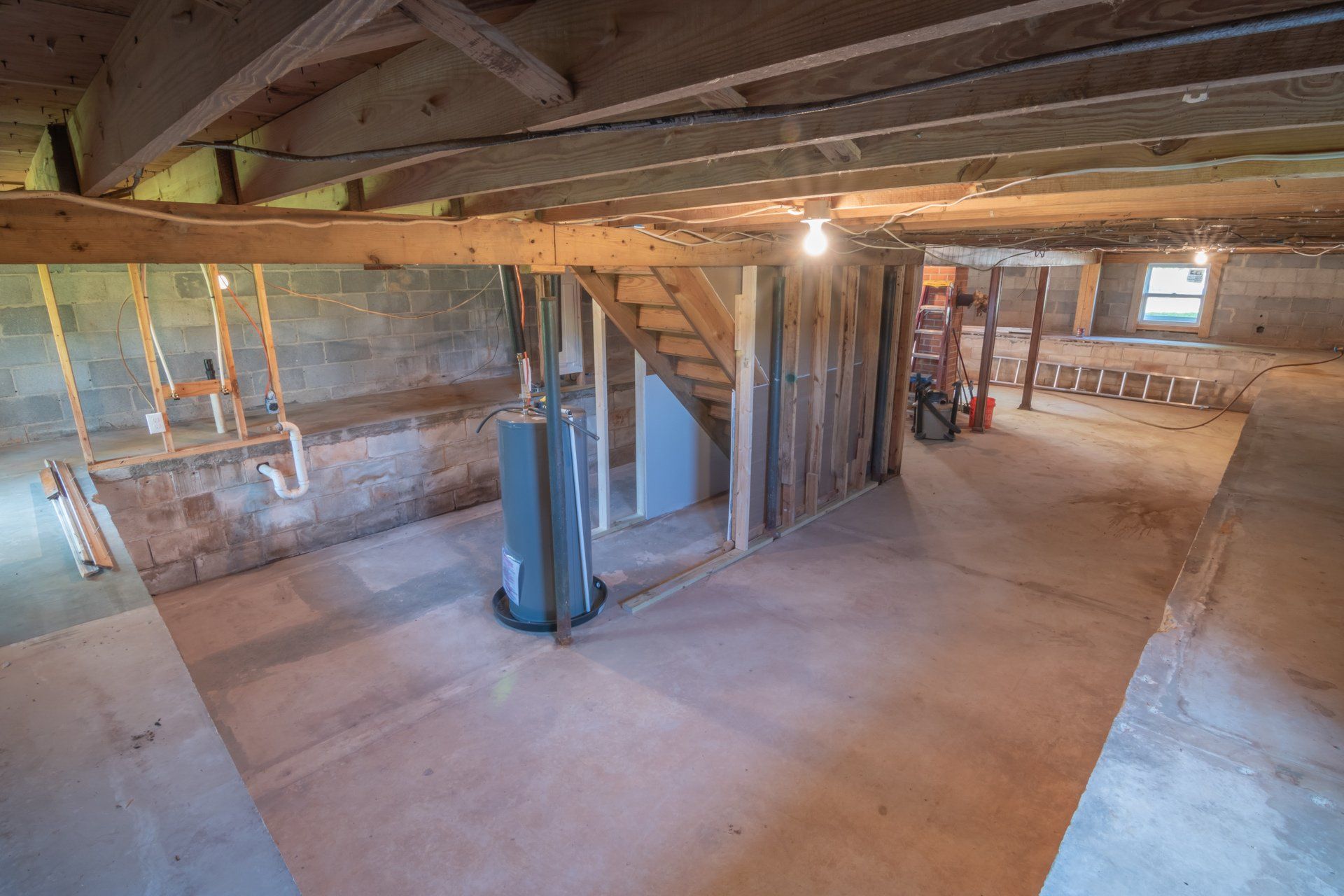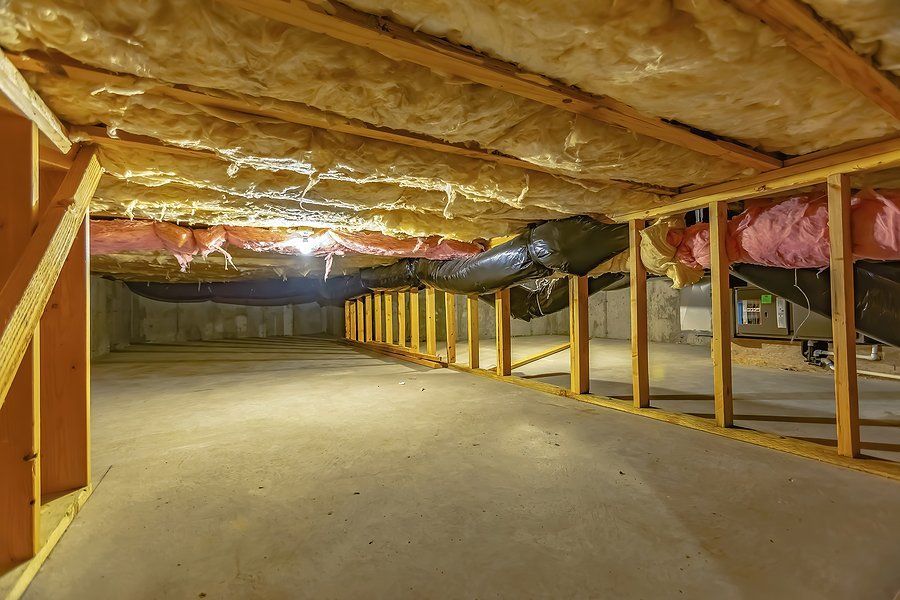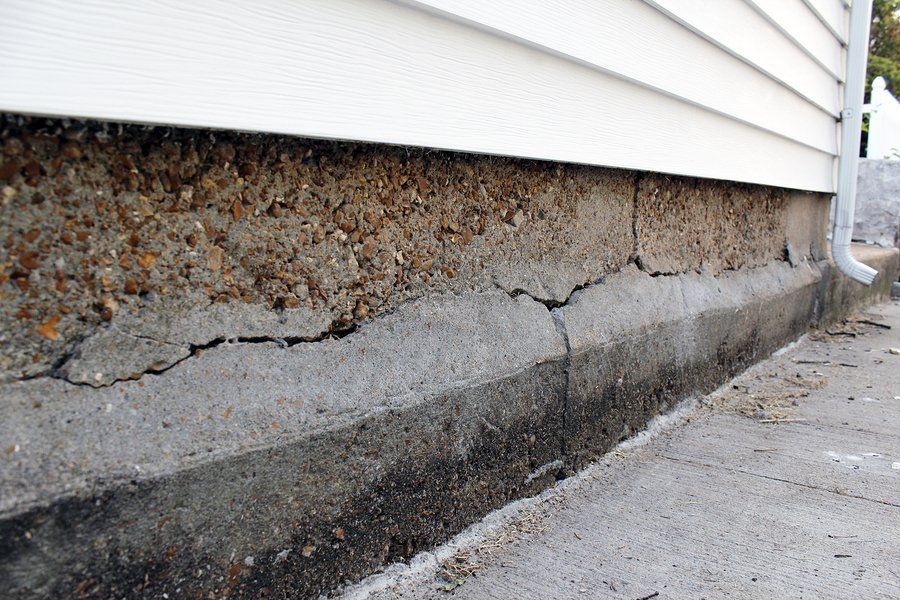Essential Basement Safety: Why You Need a Water Pump
Navigating Water Hazards: The Essential Guide to Basement Water Pump Systems for a Dry and Secure Home
In the quest to maintain our homes as sanctuaries of safety and comfort, paying attention to the foundations—quite literally—becomes paramount. This is where the humble yet mighty basement water pump comes into play. A critical yet often overlooked component of home maintenance, a basement water pump system is your first line of defense against the insidious and destructive forces of water damage. In this comprehensive guide, we delve into the reasons why equipping your basement with an effective water pump system is not just an option but a necessity for the well-being of your home and family.

The Unseen Threat: Water Damage in Basements
Water has a persistent nature, finding its way through the smallest cracks and crevices, slowly eroding structures and fostering conditions ripe for mold and mildew. Basements, being the lowest points in our homes, are naturally prone to water accumulation due to issues like poor drainage, heavy rainfall, and groundwater seepage. This is where a basement water pump system becomes an indispensable ally in protecting your home from the ground up.
The Role of a Basement Water Pump
A basement water pump out system is designed to automatically detect and remove unwanted water from your basement, redirecting it away from your home’s foundation. This not only prevents immediate water damage but also shields your home from long-term structural issues and improves indoor air quality by hindering mold growth.
Types of Basement Water Pumps
Understanding the types of basement water pumps available is key to selecting the best basement water pump for your home. The most common types include:
Sump Pumps:
Installed in a sump pit, these pumps activate when water fills the pit, pumping it away from your home.
Sewage Pumps: These are used when a bathroom, laundry room, or any other type of plumbing is installed in the basement.
Effluent Pumps: Similar to sump pumps but designed to handle grey water from your washing machine, shower, or sink, not just clear water.
Recognizing When Your Basement Water Pump Is Not Working
Signs that your basement water pump system may be failing include unusual noises, water not being pumped out effectively, the pump running continuously, or not activating at all. Regular maintenance checks are crucial to ensure your system is operational when you need it most.
Choosing the Best Basement Water Pump
Selecting the best basement water pump involves considering several factors, including the size of your basement, the average water volume, and the type of water to be pumped (clear water, grey water, or sewage). It's also important to look for pumps with a strong track record of reliability and efficiency.
Installation and Maintenance: Keeping Your System at Peak Performance
Proper installation and regular maintenance are key to ensuring your basement water pump system operates effectively and extends its lifespan. This includes checking the pump's operation before the rainy season, cleaning the sump pit, and testing the backup system (if available).
Safety and Comfort: The Ultimate Benefits
The ultimate benefits of installing a basement water pump system extend beyond just keeping your basement dry. By preventing water damage, you are also protecting the structural integrity of your home, enhancing its value, and ensuring a healthier living environment. This peace of mind is invaluable, knowing that your home is safeguarded against water-related disasters.
Navigating the Challenges of a Malfunctioning System
A basement water pump not working can quickly escalate from a minor inconvenience to a major crisis, leading to flooding, property damage, and potentially hazardous mold growth. Recognizing the early signs of malfunction—such as the pump failing to activate during wet conditions, making strange noises, or cycling on and off more frequently than usual—is essential for timely intervention. Proactive measures, including routine inspections and immediate repairs, can mitigate these risks, ensuring your basement remains dry and safe.
The Economic Implications of Water Damage
The impact of water damage on a home's value cannot be overstated. Beyond the immediate cleanup costs, long-term effects such as compromised structural integrity and the presence of mold can significantly diminish a property's market value. Investing in the best basement water pump system serves not only as a protective measure but also as a financial safeguard, potentially saving thousands in repair costs and property devaluation.
Environmental Considerations and Energy Efficiency
Modern basement water pumps are designed with energy efficiency in mind, offering homeowners an environmentally friendly solution to water management. By selecting a system that minimizes electricity use while maximizing water removal efficiency, homeowners can contribute to environmental conservation efforts. Moreover, certain models come equipped with features like battery backups and water level alarms, providing an additional layer of security and operational efficiency.
Health Risks Associated with Basement Dampness
The implications of a damp basement extend beyond structural damage; they also pose significant health risks. Moist environments are breeding grounds for mold and mildew, which can lead to respiratory issues, allergies, and other health problems for the occupants. By effectively controlling basement moisture through a reliable water pump system, homeowners can protect their families from these potential health hazards.
The Psychological Benefits of a Well-Maintained Basement
There's also a psychological component to consider. Knowing that your basement—and by extension, your home—is protected against water damage can provide a profound sense of security and well-being. A dry basement can be transformed into a functional space for storage, a hobby area, or even additional living space, further enhancing your home’s utility and your family’s quality of life.
Making the Right Choice: Features to Consider
When choosing a basement water pump, consider features such as automatic operation, high flow rate, and solid construction materials. Additionally, look for systems with positive reviews and robust after-sales support. The ideal pump should offer a seamless blend of performance, reliability, and ease of maintenance.
Conclusion: A Call to Action for Homeowners
The decision to install a basement water pump system should be viewed as a strategic investment in your home's longevity and your family's health and comfort. By understanding the various aspects and benefits of basement water pumps, homeowners can make informed decisions that align with their specific needs and circumstances.
In conclusion, the role of a basement water pump in safeguarding against water damage cannot be overstated. It’s an essential component of a comprehensive home maintenance strategy, offering protection, peace of mind, and contributing to the overall well-being of the household. As we’ve explored, the implications of having—or not having—a functional water pump system are far-reaching, affecting everything from property value to personal health. Taking proactive steps today can prevent costly and stressful situations tomorrow, making a basement water pump an invaluable ally in the pursuit of a safe, comfortable, and dry home.


